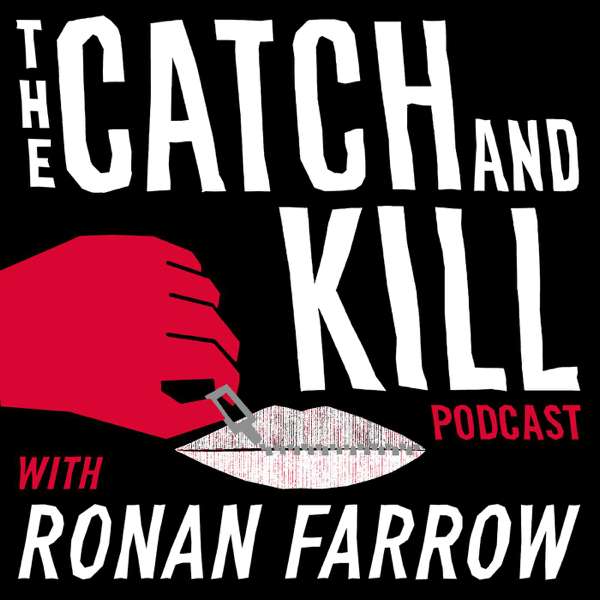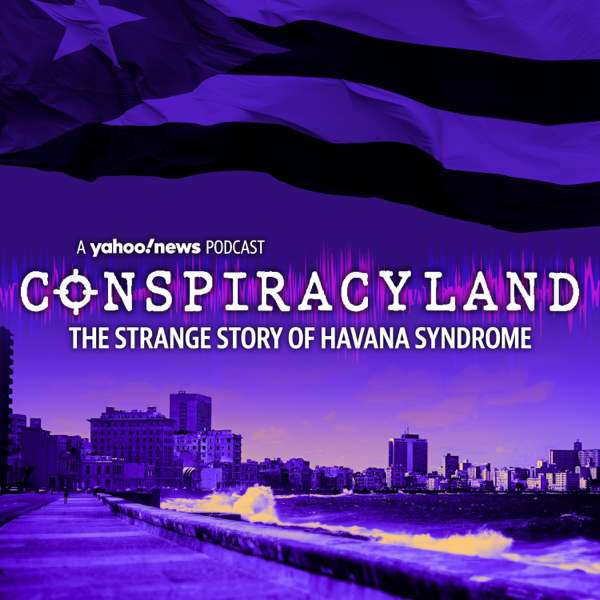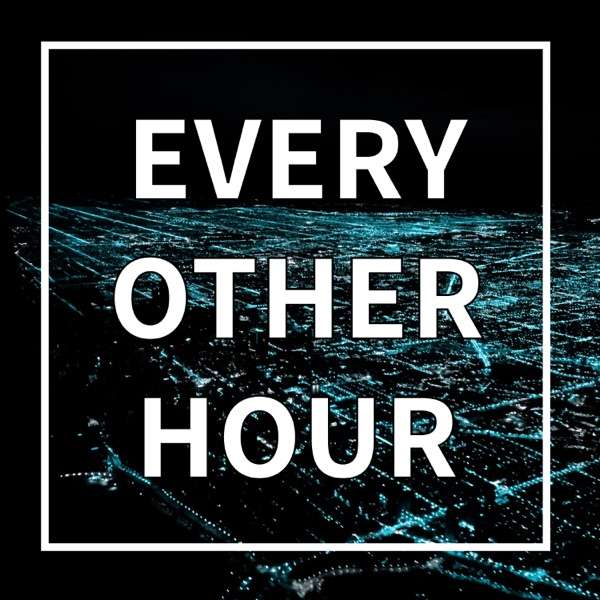Stories from France, Burkina Faso, Tajikistan, Austria and Turkey.
It's fifty years since the release of “The French Connection,” a fast-moving cops and gangsters thriller, which focused attention on Marseille, and the drug dealers based there. Half a century on, much has changed in this southern French city; some areas have been gentrified, while the port has had a substantial makeover. And yet, the presence of the drug trade remains, and now the French President has stepped in. With a wave of drug related killings in Marseille this year, Emmanuel Macron is paying a high profile visit, promising to help tackle these problems. Chris Bockman explains that many there feel they’ve heard it all before:
He was known as “Africa’s Che,” and like Che Guevara, Thomas Sankara died young at the hands of gunmen who apparently took exception to his leftist policies. Yet Sankara was no jungle guerrilla – he was the President of Burkina Faso. And he was killed during a coup in the West African nation. Thirty-four years later, fourteen men have gone on trial, accused of complicity in that assassination. It’s hard to overstate what Sankara meant for Burkina Faso, and indeed for supporters across Africa and the wider world. He was credited with vast improvements in literacy, giving land to the poor, and above all, with instilling a pride among his people – he rejected continuing French influence in the region. Yet critics insist that Sankara was an autocrat, one who had his opponents tortured, and sometimes killed. Henry Wilkins has been trying to separate the man from the myth:
The fate of Afghanistan continues to be a source of concern round the world. The country is facing financial disaster, with shortages of basic goods like food, and it’s also suffered repeated attacks by the militant group which calls itself Islamic State Khorasan. Last week, forty-six people died in a bombing which Islamic State claimed as one of theirs. This week, the United Nations held a special meeting, to try to work out how to give aid to Afghanistan, without it getting into the hands of the Taliban, now in charge of the country. All this instability is of particular concern to the countries bordering Afghanistan, like Russia, Pakistan, and also – to the north, Tajikistan. Tajikistan has had its own battles with Islamic militants. More than that, about a quarter of Afghans are of Tajik ethnicity, so problems in one country have a habit of spilling across the border. It’s a border well known to Abdujalil Abdurasulov, who has spent time reporting on both sides of it. He’s been thinking about what the Taliban takeover in Afghanistan might mean for its neighbour.
There was a time when Austria was seen as a hive of political intrigue. Back when the Hapsburgs ruled an empire, the plotting and manoeuvring at their palace in Vienna could affect half of Europe. Then, after the Second World War, Austria’s neutral status between the west and the Soviet bloc made it a base for many a spy and secret agent. Things had appeared to calm down – the country became known for its skiing and strudel more than any Machiavellian goings on. But now, it seems, the intrigue is back. This week, Austria’s youthful Chancellor, Sebastian Kurz had to step down, following accusations that he had bribed a tabloid newspaper to get favourable coverage. This came only a few years after Mr Kurz’s one-time coalition partner was caught in a sting, apparently prepared to offer government contracts to a woman he thought represented Russian oligarchs. Feeling confused? Bethany Bell has been untangling this web of allegations:
Wherever there’s mass tourism, you will find the escort industry flourishing, selling very personal services, and Turkey is no different. The‘gigolos’ as they’re known there offer these services to men and women. And just like other people dependent on tourism, they’ve been badly hit by the coronavirus lockdown, which saw the number of foreign visitors to Turkey plummet – as Sally Howard explains
Producer: Paul Moss

 Our TOPPODCAST Picks
Our TOPPODCAST Picks  Stay Connected
Stay Connected







